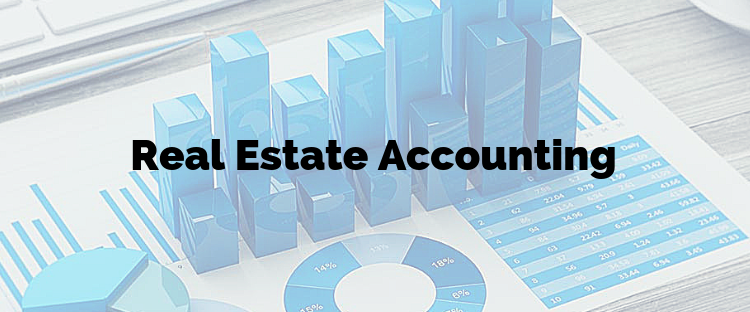When it comes to real estate accounting, there are a few best practices you should always follow. In this blog post, we’ll go over those best practices and a few bonus tips to make the process smoother and ensure that you can keep your books for your real estate business. So, without further ado, let’s get started!
As a real estate investor, success depends on staying organized and keeping careful track of your finances, making a sound system for real estate accounting crucial. By following these best practices, you can ensure that your books are spick and span and that you’re making tough financial decisions.
Tips and Tricks to Optimize Real Estate Accounting
1. Keep separate bank accounts for your personal and business expenses. This will make tracking your income and expenditures much more accessible, along with deductible business expenses, to ensure a smooth tax filing process.
2. Use a software program or online service to manage your finances. This will save you time and ensure that your records are accurate.
3. Track all income and expenses related to each property separately. It will help you keep tabs on your profitability and spot any potential problem areas.
4. Keep receipts for all major purchases, including repairs and improvements. This documentation will be essential if you ever need to file an insurance claim or take a tax deduction.
5. Have a system for categorizing expenses so you can easily see where your money goes each month. This will help you identify areas where you may be able to cut costs.
6. Stay up to date on changes in tax laws that could affect your deductions. This way, you can maximize your tax savings and avoid any unwelcome surprises come tax time.
7. Keep detailed records of all offers made on properties, whether they ultimately close. This documentation can be helpful if there are ever any disputes down the road.
8. Consult a qualified accountant or tax professional before making significant financial decisions. They can help you understand the implications of different choices and ensure that you take advantage of all available opportunities.
By following these best practices, you can streamline your real estate accounting process and give yourself a better chance of success in the long run. Thanks for reading!
How Can I Save Money on Accounting Fees in Real Estate Accounting?
Real estate accounting can be complex and time-consuming, so many property owners outsource this task to a professional. However, accounting fees can quickly eat into your profits, so it is essential to be savvy about managing your finances.
One way to save money on accounting fees is to hire virtual bookkeeping services to keep accurate records of all your income and expenses. This will help your accountant prepare your financial statements more efficiently and reduce the risk of errors.
It would be best to stay current on changes in tax laws and regulations, as this can often impact real estate transactions. Being proactive and informed can help reduce the time and money you spend on accounting fees.
How Can I Keep Track of My Expenses and Income in Real Estate Accounting?
For any business, keeping track of expenses and income is critical to maintaining a healthy profit margin. It is no different in the Real Estate industry. In fact, given the high cost of properties and the large sums of money involved in transactions, it is even more critical to have a clear understanding of your financial situation.
Real Estate Accounting Services has several ways to track expenses and income. The most important thing is to find a system that works for you and your business. One popular method is to create a spreadsheet with separate columns for income and expenses. This can help you quickly see where your money is going and identify areas where you may overspend unnecessarily.
Another option is to use accounting software specifically designed for Real Estate businesses. This can provide more detailed reports and allow you to track your finances over time. Whichever method you choose, keeping track of your expenses and income is essential for maintaining a healthy bottom line.
What Tax Deductions Can I Take Advantage of In Real Estate Accounting?
When it comes to Real Estate Accounting, you can take advantage of several tax deductions; for example, if you have a rental property, you can deduct the cost of repairs and maintenance. You can also deduct the interest you pay on your mortgage and any property taxes you may owe.
In addition, if you have a home office, you can deduct a portion of your rent or mortgage interest. Furthermore, if you use your vehicle for business purposes, you can deduct the cost of gas and repairs. You can save significant money on your taxes by taking advantage of these deductions.
The Conclusion
In this post, we’ve outlined some best practices for real estate accounting. We also shared a few bonus tips to help you manage your finances and stay organized. Whether you are a seasoned pro or just starting real estate investing, following these guidelines will help you keep your books in order and make sound financial decisions.
Have you tried any of these techniques? What has worked well for you? Let us know in the comments below!





